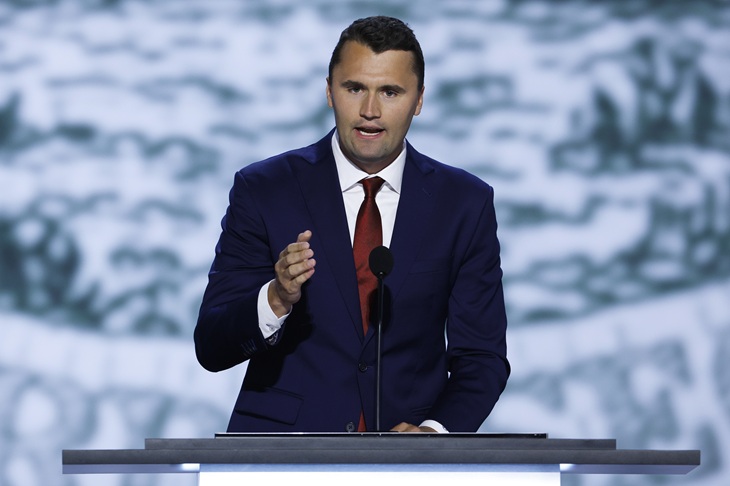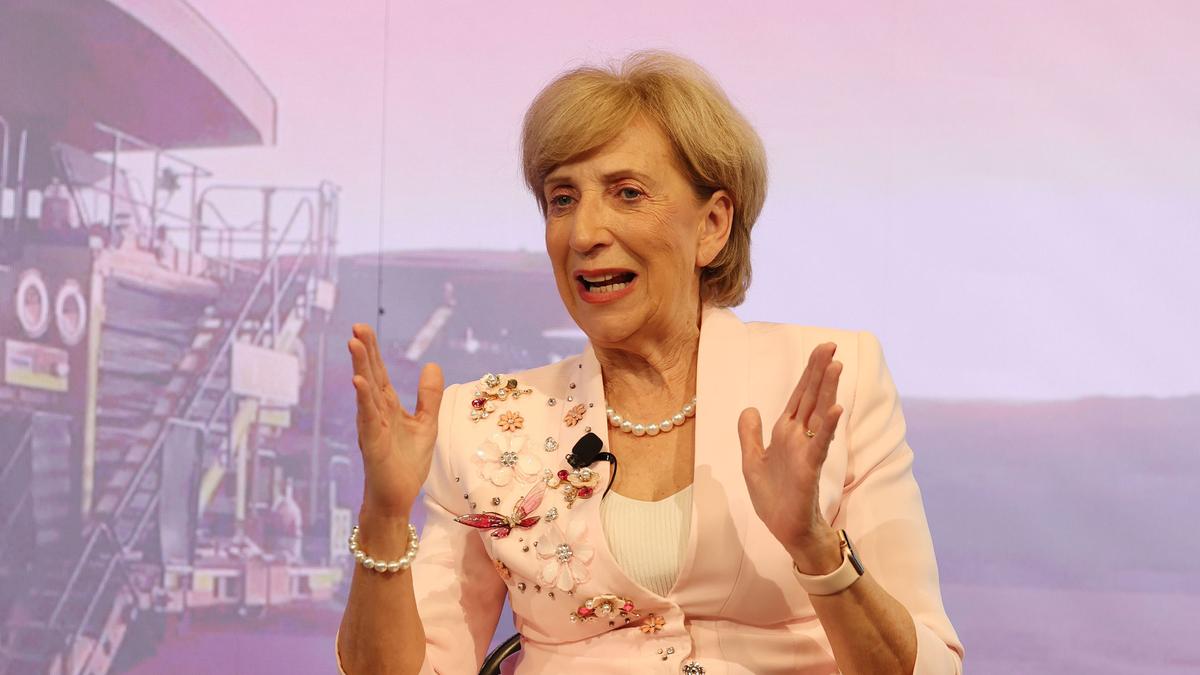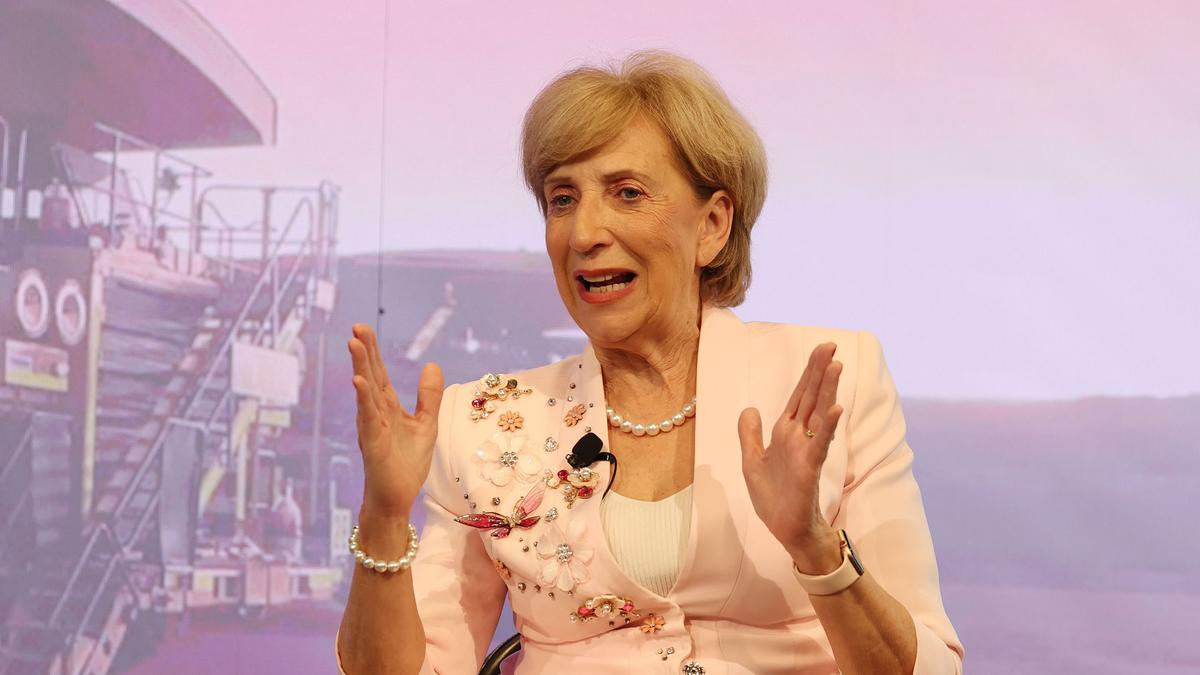
MILWAUKEE, WISCONSIN - JULY 15: CEO of Turning Point USA Charlie Kirk speaks on stage on the first day of the Republican National Convention at the Fiserv Forum on July 15, 2024 in Milwaukee, Wisconsin. Delegates, politicians, and the Republican faithful are in Milwaukee for the annual convention, concluding with former President Donald Trump accepting his party's presidential nomination. The RNC takes place from July 15-18. (Photo by Chip Somodevilla/Getty Images)
UPDATE: The death of political activist Charlie Kirk on September 10, 2025, has ignited a fierce national debate over free speech and political ideology in the United States. Kirk, a prominent evangelical Protestant and member of Calvary Chapel, was shot while advocating for his beliefs on a university campus, marking a tragic intersection of faith and politics that resonates deeply across the nation.
This shocking event has transformed Kirk into a martyr for many who view his efforts as a testament to the struggle for free expression in an increasingly polarized society. His unwavering stance on controversial issues, particularly transgender rights, has sparked intense discussions about the boundaries of free speech and the role of faith in public life.
In the wake of Kirk’s assassination, emotional responses have flooded social media and political arenas. On the right, memorial services have celebrated his legacy, with his wife offering forgiveness to his killer. However, the left has largely responded with skepticism, citing his divisive rhetoric and controversial advocacy for gun rights as justification for his tragic fate.
The implications of Kirk’s murder extend beyond personal grief; they underscore a growing divide in American society, where 58 Democrats voted against a motion honoring Kirk’s legacy. Their opposition to recognizing Kirk’s contributions raises questions about civility in political discourse and the acceptance of diverse viewpoints in today’s America.
Kirk was known for his vocal support of former President Donald Trump, whom he described as an “imperfect vessel” yet vital for defending Western civilization. His commitment to free speech mirrored Trump’s administration’s policies, including the controversial Free Inquiry Executive Order aimed at protecting conservative voices on college campuses.
As the nation grapples with the aftermath of this violent act, it becomes evident that Kirk’s martyrdom has intensified the ideological battles within the U.S. The stark contrast between the responses from different political factions illustrates a society on edge. Recent surveys reveal that a disturbing 38% of respondents considered violence against political figures, with 31.6% supporting extreme measures against individuals like Trump and Musk.
The ideological warfare is further complicated by the presence of groups such as Antifa and Black Lives Matter (BLM), whose organized protests often draw sharp criticism from conservative circles. Kirk’s murder did not elicit the same level of unrest seen after the death of George Floyd, highlighting a significant difference in how political violence is perceived across the spectrum.
As debates continue over the nature of free speech and its implications, it is essential to recognize the human impact of this tragedy. Kirk’s death serves as a rallying point for those advocating for the right to express their beliefs openly, regardless of societal pushback. His legacy may inspire a renewed commitment to engage in civil discourse and resist the urge to silence dissenting voices.
Looking ahead, the national reaction to Kirk’s martyrdom will likely shape the political landscape in the United States. Observers are urged to watch for potential shifts in policy discussions surrounding free speech, as well as ongoing societal tensions that may arise in response to this incident.
This developing story highlights the urgent need for dialogue about the intersection of faith, politics, and personal safety in a time of escalating ideological conflict. The fight for free speech and the right to express one’s beliefs is at the forefront of American discourse, making Kirk’s legacy more relevant than ever.






